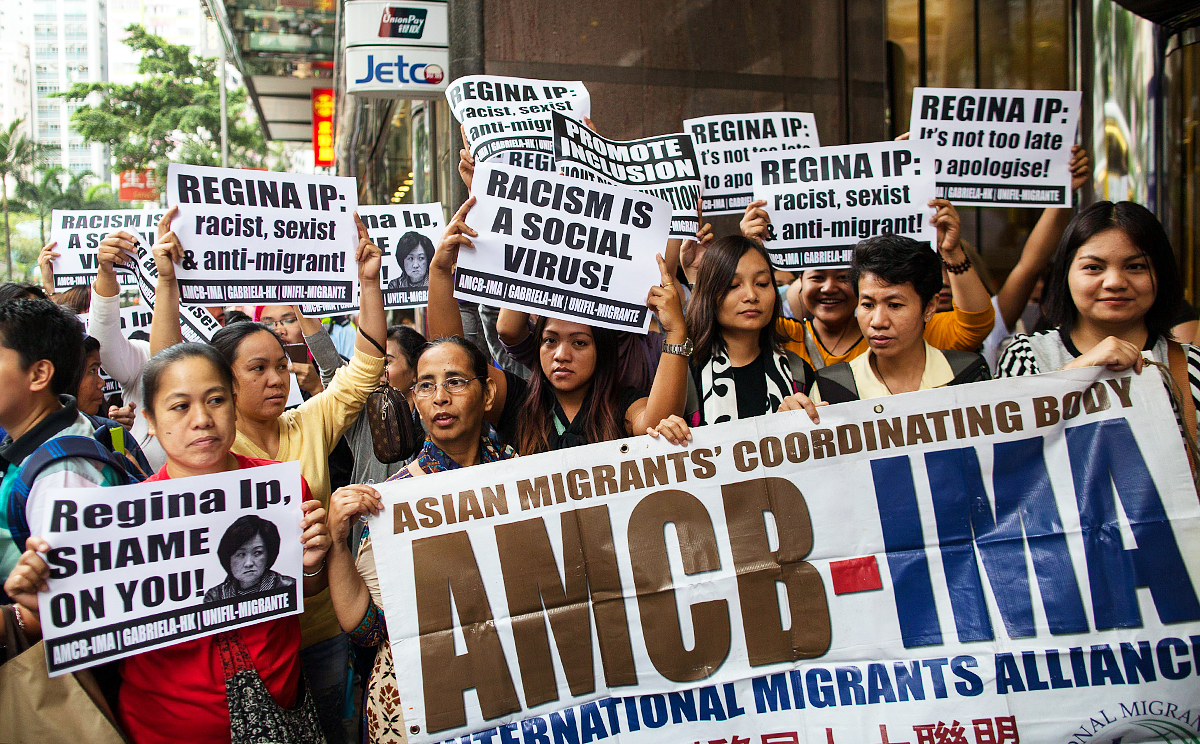By Robert Foyle Hunwick
Much of the world’s hosiery, for example, comes from the village of Datang, also known as “Sock City.”
Songxia is dedicated to umbrellas.
Jinjiang is all about zippers.
And Shisun, for a time, made a killing off of killing.
And Shisun, for a time, made a killing off of killing.
Last year, Chinese prosecutors indicted 40 of the village’s residents for arranging 17 murders.
At least 35 more deaths are under investigation; dozens more victims may never be known.
News of Shisun’s killing ring provoked dismay in Hunan province, but not shock; similar gangs have been caught in Hebei, Henan, and Sichuan provinces.
Indeed, the type of murder conspiracy seen in Shisun is so common that it has its own nickname: Mangjingshi Fanzui, after the film Mang Jing (“Blind Shaft”), which details a similar scheme.
Like the movie’s characters, Shisun’s plotters killed migrant miners—staging each man’s death as a mining accident—then posed as grieving family members.
Corrupt mine bosses in turn paid these impostor “families” hush money, rather than risk any investigation into working conditions.
The scam was grisly but profitable—each death could net as much as $120,000, an unimaginable sum in a country where the average rural family’s annual income is $1,800.
The new concrete houses that line the mud-brick village’s main street are a testament to the windfall.
Remote and difficult to access, many villages in China’s interior have developed a criminal cottage industry, involving anything from drugs to internet fraud to counterfeiting. (In fact, shanzhai, the slang for counterfeit, literally means “mountain village.”)
Remote and difficult to access, many villages in China’s interior have developed a criminal cottage industry, involving anything from drugs to internet fraud to counterfeiting. (In fact, shanzhai, the slang for counterfeit, literally means “mountain village.”)
In coastal Boshe, a village of 14,000 people, 20 percent of the population—including pensioners, police officers, and politicians—helped produce a third of China’s methamphetamine.
Shutting down Boshe’s meth labs three years ago required 3,000 tactical officers backed by helicopters.

Many observers blame crime villages on the widening gap between China’s urbanized population and its left-behind agrarian one.

Many observers blame crime villages on the widening gap between China’s urbanized population and its left-behind agrarian one.
Minimal policing, neglected infrastructure, and grinding poverty have isolated whole communities not just from society, but from traditional morality.
Crime offers villagers a way to make a living, but beyond that, it provides essential revenue for cash-strapped local officials.
In a report on “gangsterized” villages in Hunan province, Yu Jianrong, a scholar at the Chinese Academy of Social Sciences, writes that thugs are used to keep public order and collect taxes.
In peasant communities, notes Feng Qingyang, a prominent blogger and social critic, clan loyalty to feudal chiefs supersedes deference to government authority.
“People, rather than laws or government, rule,” he wrote on his blog.
And when most of a village is implicated to some degree in a crime, notes Zheng Guihong, a Beijing-based political commentator, the prevailing view is that “the law cannot punish the majority.”
Authorities claim that poverty-relief efforts will consign crime villages to the past—provided local officials don’t embezzle the funds, of course.
Authorities claim that poverty-relief efforts will consign crime villages to the past—provided local officials don’t embezzle the funds, of course.
In the meantime, catching perpetrators is a game of Whac-a-Mole, with the criminals forever ahead of the cops.
Rewards for crime are high, penalties are low, and living conditions are often dire.
Tales of peasants who have prospered in the city inspire many to dream of overnight riches, according to Feng.
But few can make a fortune without crime.
The lucky strike gold alone; for others, it takes a village.






